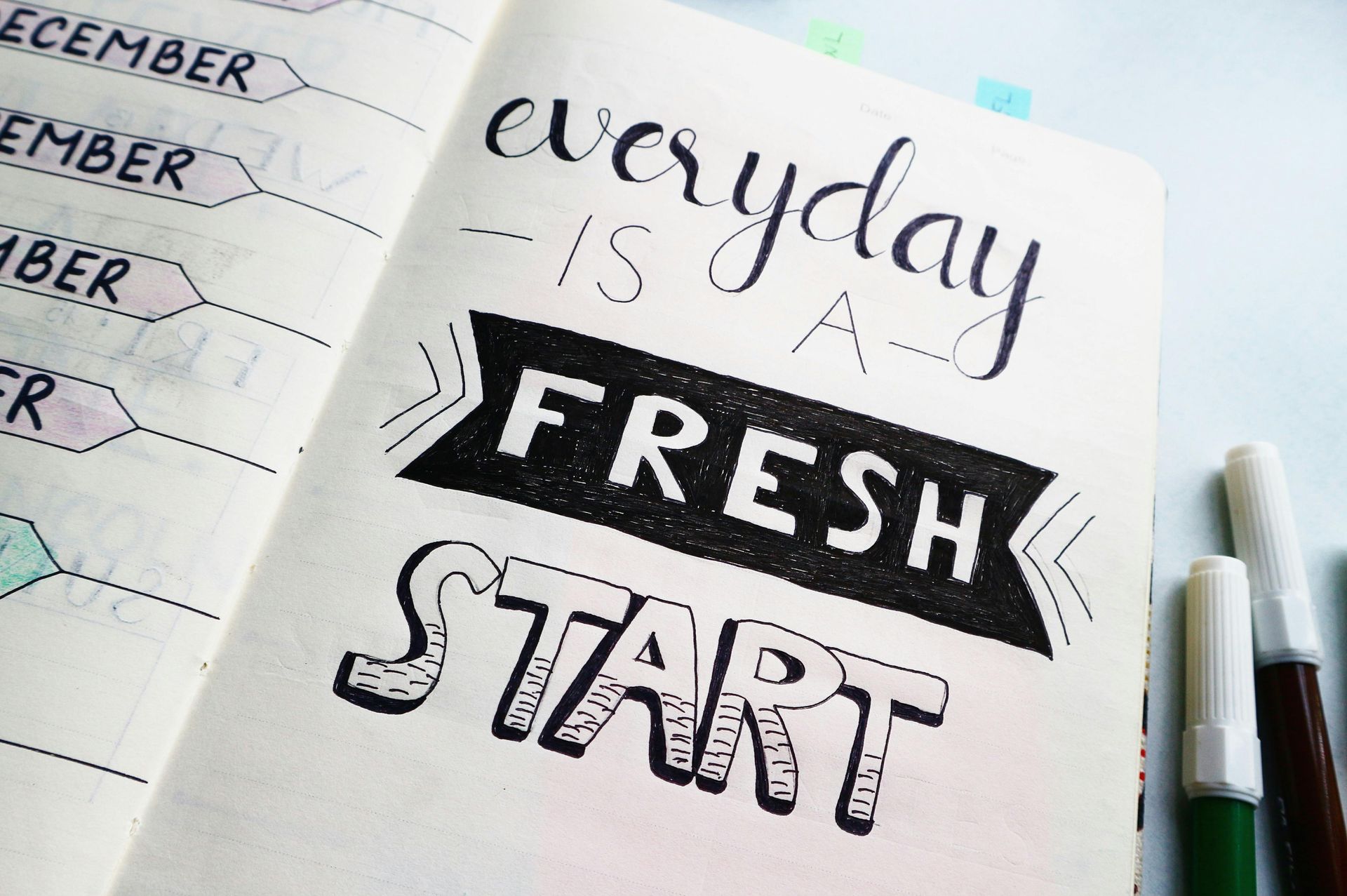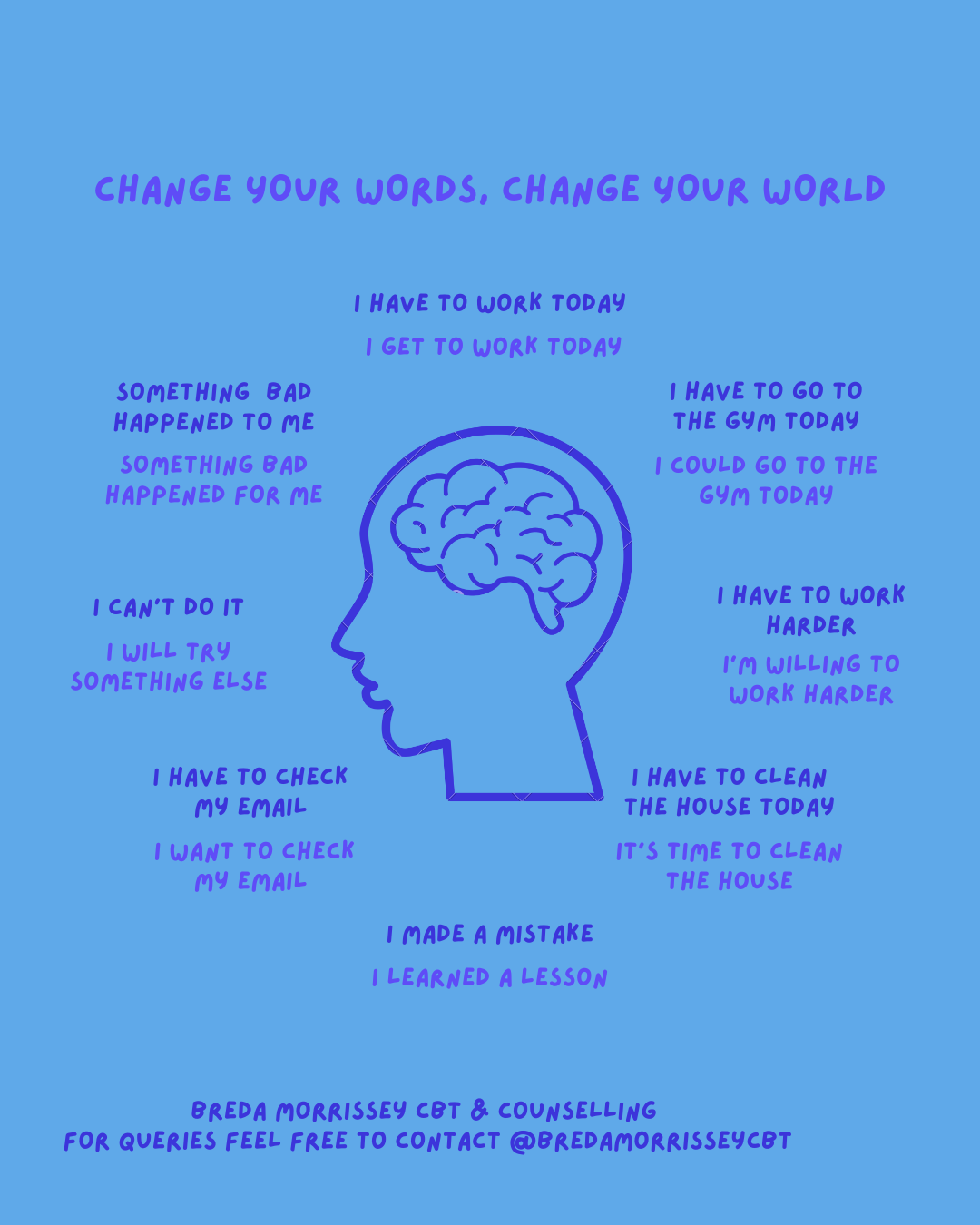Emotional eating

What is emotional eating?
We don’t always eat just to satisfy physical hunger. Many of us also turn to food for comfort, stress relief, or to reward ourselves. And when we do, we tend to reach for junk food, sweets, and other comforting but unhealthy foods. You might reach for a pint of ice cream when you’re feeling down, order a pizza if you’re bored or lonely, or swing by the drive-through after a stressful day at work.
Emotional eating is using food to make yourself feel better—to fill emotional needs, rather than your stomach. Unfortunately, emotional eating doesn’t fix emotional problems. In fact, it usually makes you feel worse. Afterward, not only does the original emotional issue remain, but you also feel guilty for overeating.
Our bodies need food to survive. It makes sense that eating lights up the reward system in the brain and makes you feel better.
When emotional eating happens often, and you don’t have other ways to cope, it can be a problem.
Although it may feel like a way to cope in those moments, eating doesn’t address the true issue. If you’re feeling stressed, anxious, bored, lonely, sad, or tired, food won’t fix those feelings.
For some people, this cycle of turning to food to cope creates guilt and shame — more tough feelings to navigate.
Managing emotional eating can be complicated.
Our bodies need food to survive. It makes sense that eating lights up the reward system in the brain and makes you feel better.
When emotional eating happens often, and you don’t have other ways to cope, it can be a problem.
Although it may feel like a way to cope in those moments, eating doesn’t address the true issue. If you’re feeling stressed, anxious, bored, lonely, sad, or tired, food won’t fix those feelings.
For some people, this cycle of turning to food to cope creates guilt and shame — more tough feelings to navigate.
Managing emotional eating can be complicated.
Occasionally using food as a pick-me-up, a reward, or to celebrate isn’t necessarily a bad thing. But when eating is your primary emotional coping mechanism—when your first impulse is to open the refrigerator whenever you’re stressed, upset, angry, lonely, exhausted, or bored—you get stuck in an unhealthy cycle where the real feeling or problem is never addressed.
Emotional hunger can’t be filled with food. Eating may feel good in the moment, but the feelings that triggered the eating are still there. And you often feel worse than you did before because of the unnecessary calories you’ve just consumed. You beat yourself for messing up and not having more willpower.
Emotional eating cycle
You feel guilty
& powerless over food THEN Something happens that disturbs you
You eat more than
you know you should THEN You feel an overwhelming urge to eat = cycle repeats
Common causes of emotional eating
· Stress
· Social influences
· Childhood habits
· Loneliness
· Boredom
· Shoving down emotions
What to do
· Take 5 before you give in to a craving: Emotional eating tends to be automatic and virtually mindless.
· Learn to accept feelings even uncomfortable ones.
· Practice mindful eating.
· Support yourself with healthy lifestyle habits- exercise, sleep, connecting with others, relaxation.
References
Duyff, Roberta Larson. “Academy of Nutrition and Dietetics Complete Food & Nutrition Guide, 5th Ed. New York, N.Y.: Houghton Mifflin Harcourt; 2017”.
O’Brien, C. P. (2011). Braden, Abby, Dara Musher-Eizenman, Tanya Watford, and Elizabeth Emley. “Eating When Depressed, Anxious, Bored, or Happy: Are Emotional Eating Types Associated with Unique Psychological and Physical Health Correlates?” Appetite 125 (June 1, 2018): 410–17.
Kandiah, Jay, Melissa Yake, and Heather Willett. “Effects of Stress on Eating Practices Among Adults.” Family and Consumer Sciences Research Journal 37, no. 1 (2008): 27–38.
Katterman, Shawn N., Brighid M. Kleinman, Megan M. Hood, Lisa M. Nackers, and Joyce A. Corsica. “Mindfulness Meditation as an Intervention for Binge Eating, Emotional Eating, and Weight Loss: A Systematic Review.” Eating Behaviours 15, no. 2 (April 1, 2014): 197–204.











